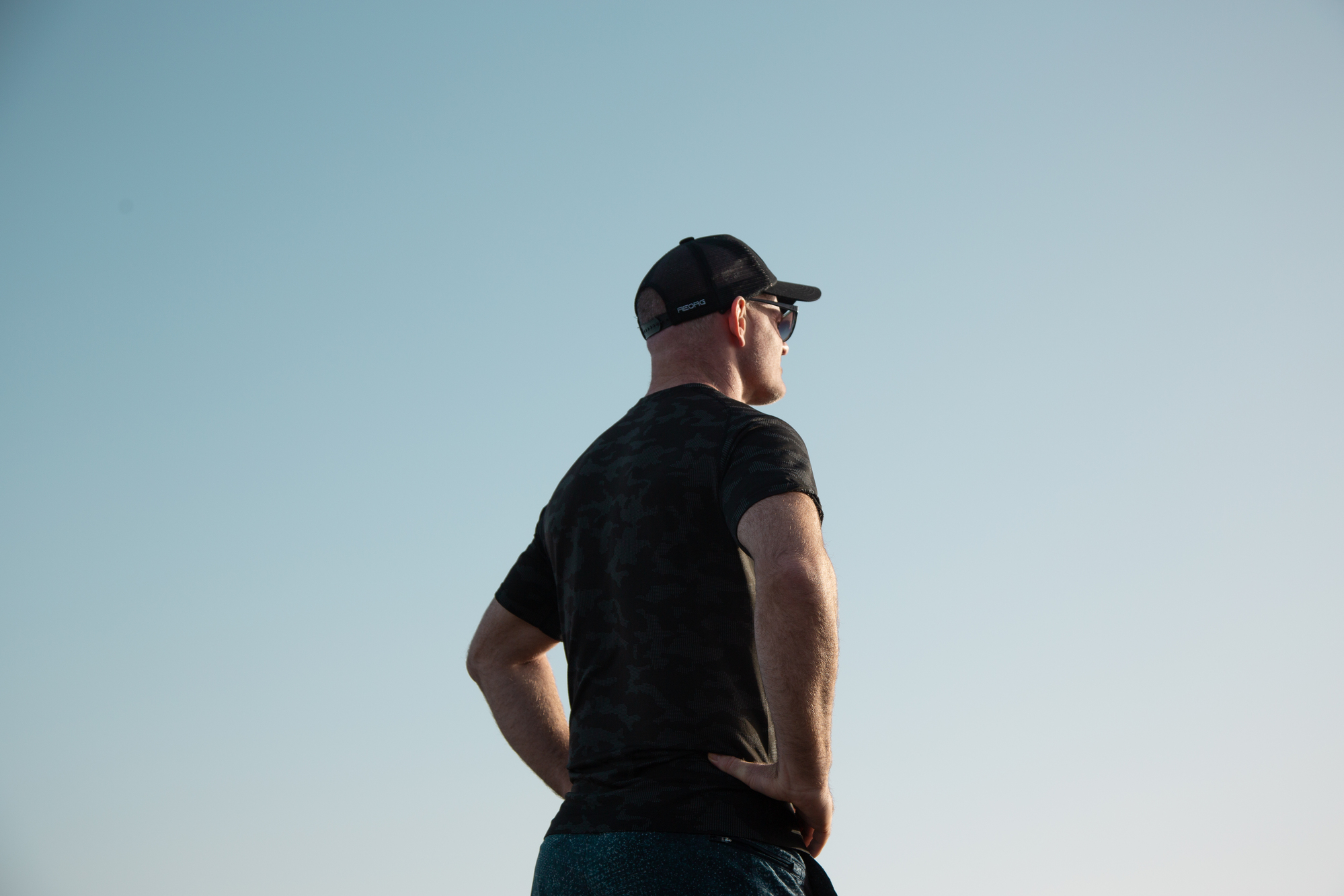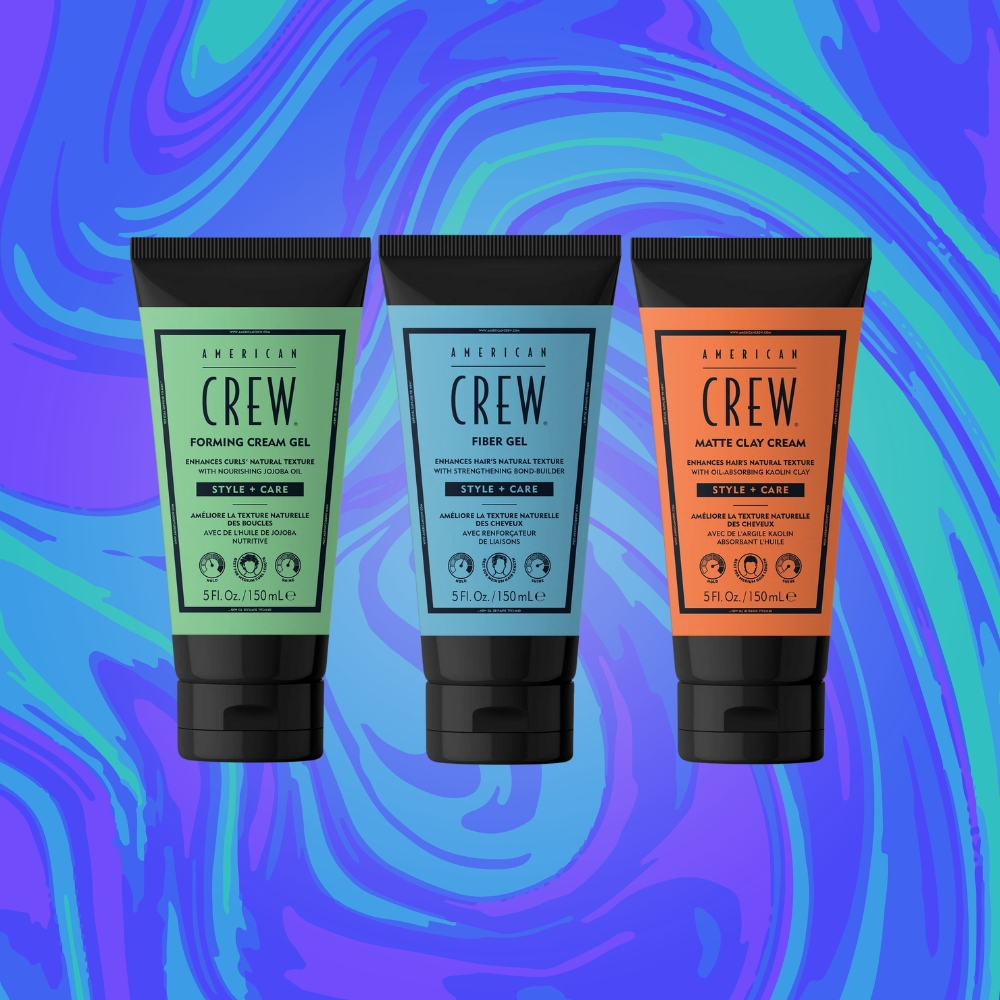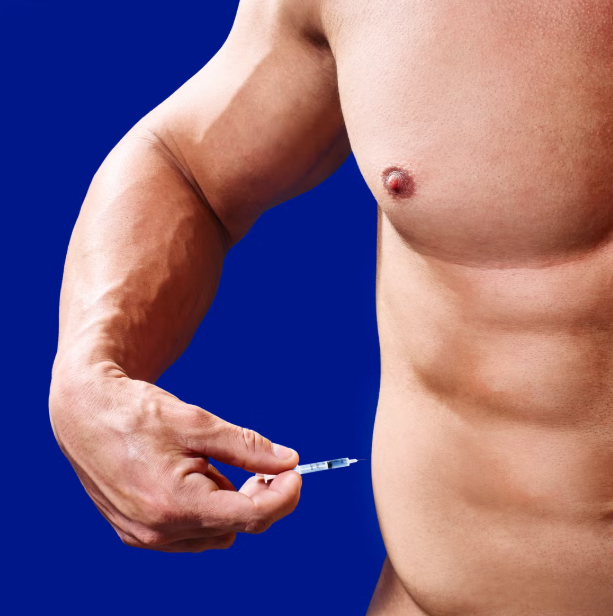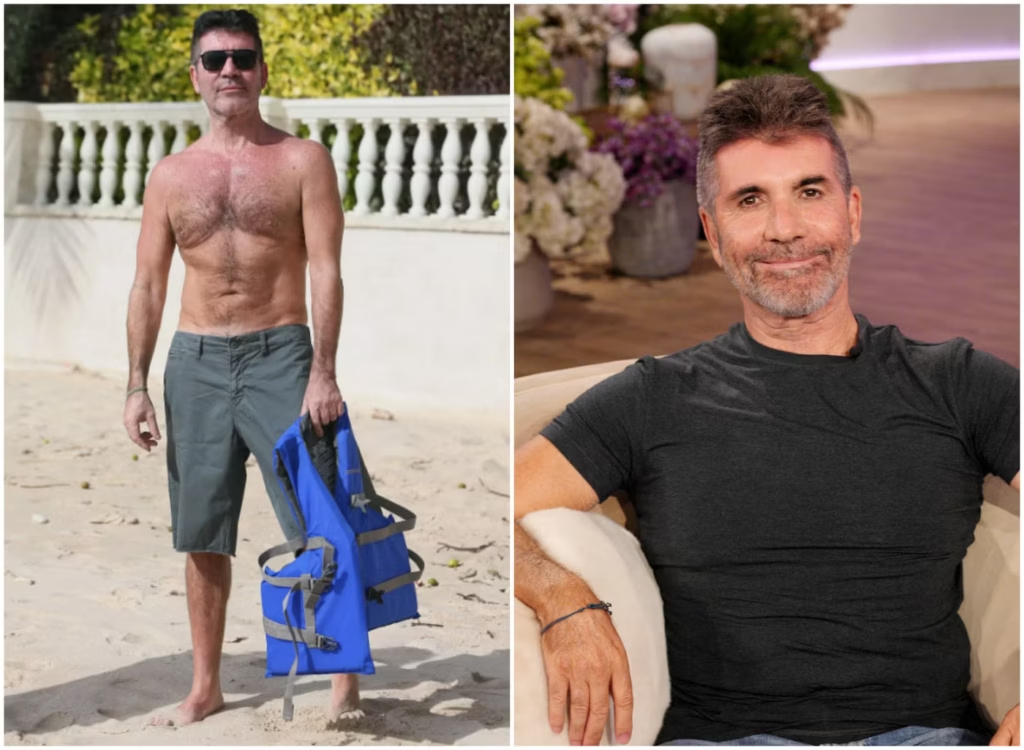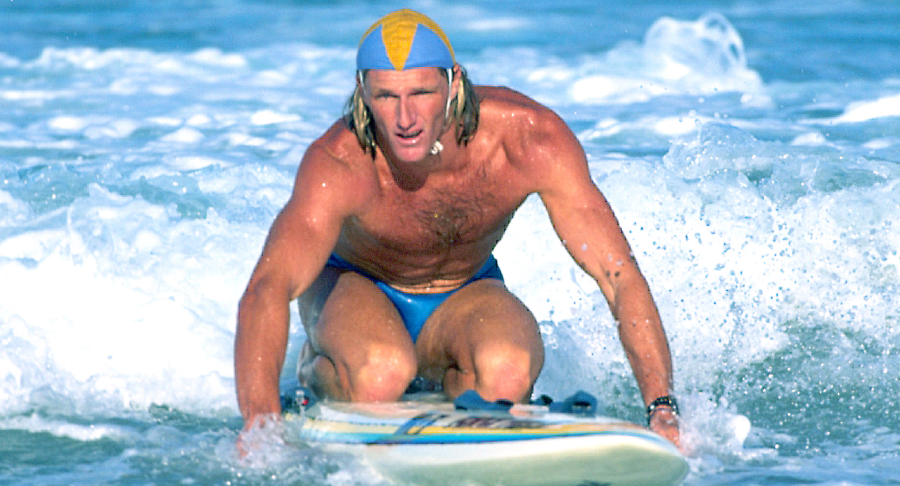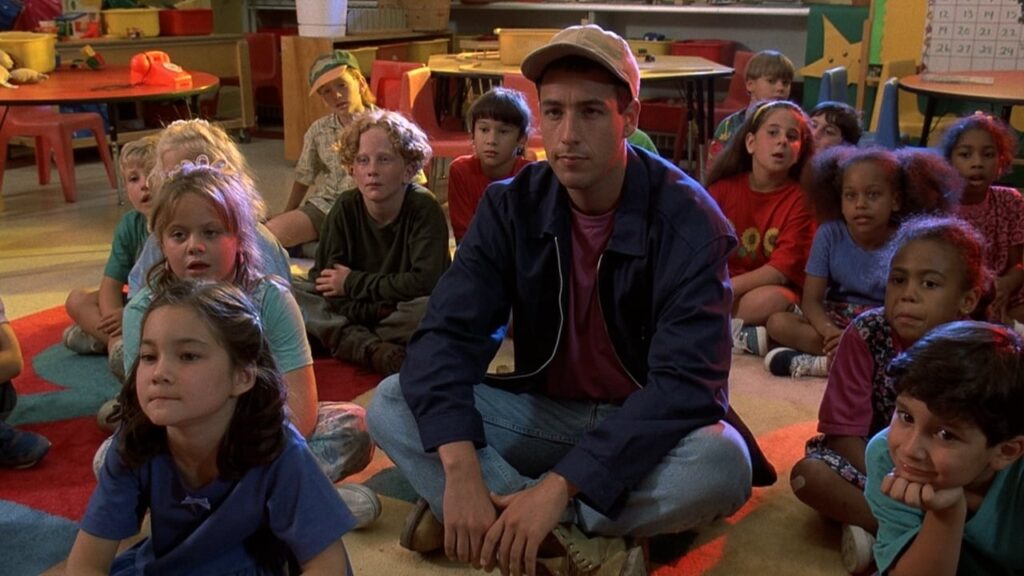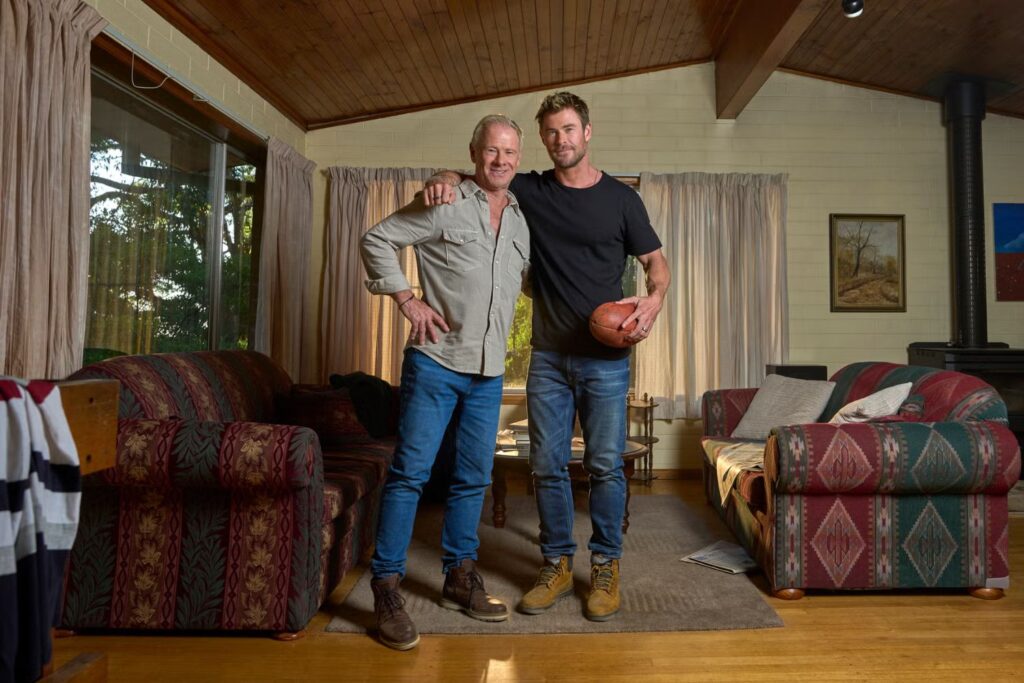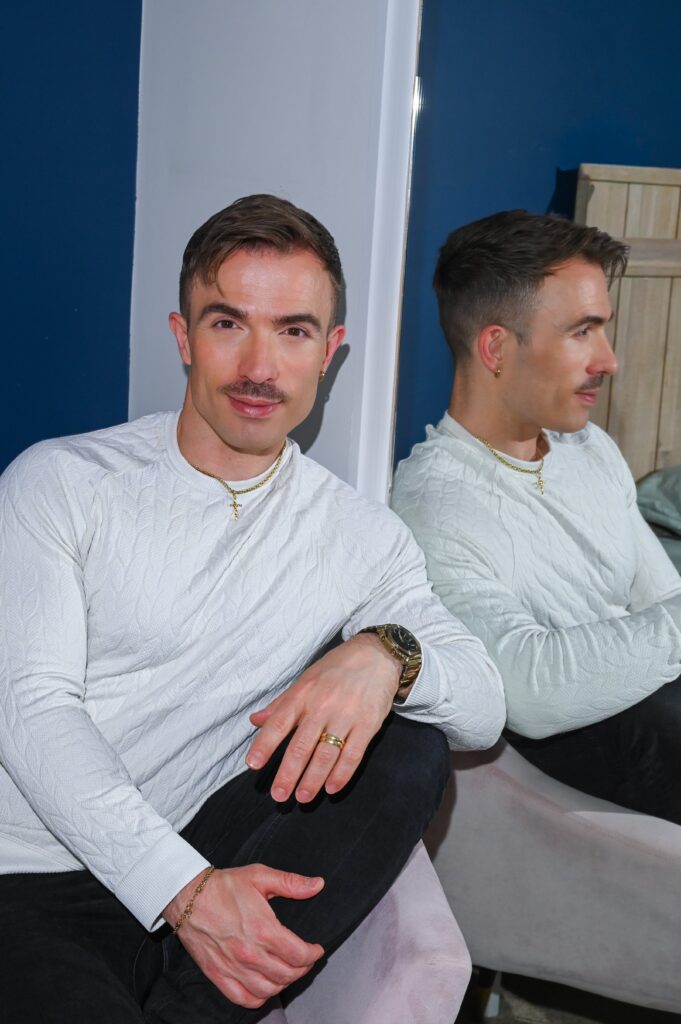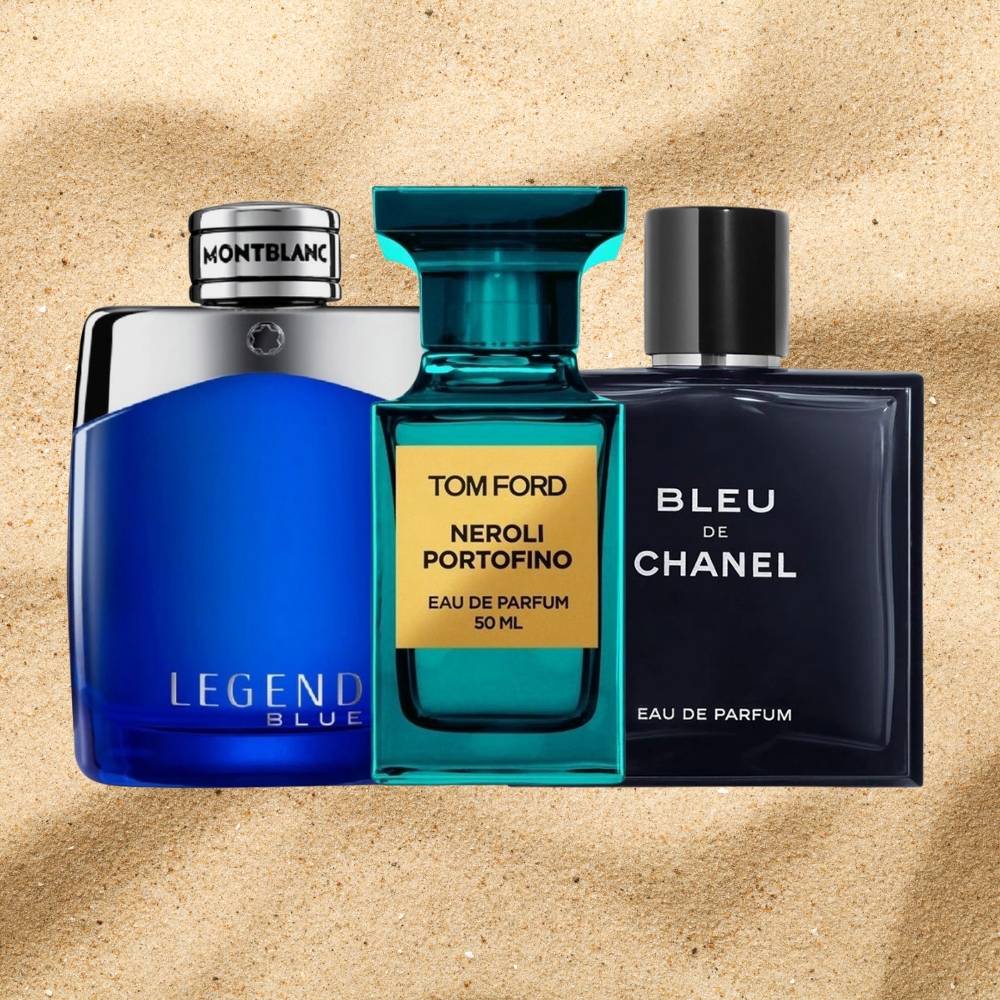HOW WOULD YOU rate your life up to date? What grade would you give yourself? If you said a B or a B+, you’re probably going a little easy on yourself, which is okay – no one wants to admit to being a C student. But the paradox of the ‘assignment’ is that those who’ve achieved the most in life are often the hardest markers of themselves, which is perhaps why they’re so successful.
So, when Trent Scanlen tells me that he once gave his life a B minus, I’m not overly surprised. At the time, Scanlen, who was anxiously awaiting the results of a biopsy of a tumour at the base of his spine, was the co-founder of the Elevate Martial Arts gym in London, the trustee of UK veterans’ charity, Reorg, and had enjoyed considerable success in the corporate world, most notably helping launch Specsavers into the Australian market.
Scanlen’s tumour would, indeed, turn out to be malignant. He was diagnosed with Non-Hodgkin Lymphoma, an event that would change the course of his life and reorient his attitude towards his health. But while the struggle would challenge him in ways he couldn’t have comprehended, the disease would bring Scanlen’s priorities into sharp relief, giving him a sense of purpose that was previously absent. Most pointedly, it led Scanlen, together with his good mate, Dr Harry Weisinger, to found Kurk, a liquid curcumin supplement used to combat inflammation.
The story of how Scanlen and Weisinger forged a friendship is classic odd couple stuff. The pair had met through Specsavers, where the doctor would become brand’s global medical director. Despite their diverse backgrounds – Scanlen was a martial arts and weightlifting jock, Weisinger a medical wonk – the two bonded immediately.
“Harry has like five degrees in medicine and science and I struggled to get one in business,” laughs Scanlen. “I’m not that academic, but we bonded over a few things and one of them was health. He’s a cyclist and I was lifting and doing MMA. But what really brought us together was understanding how the body works. Over three years or so he taught me more about medicine than I ever knew before.”
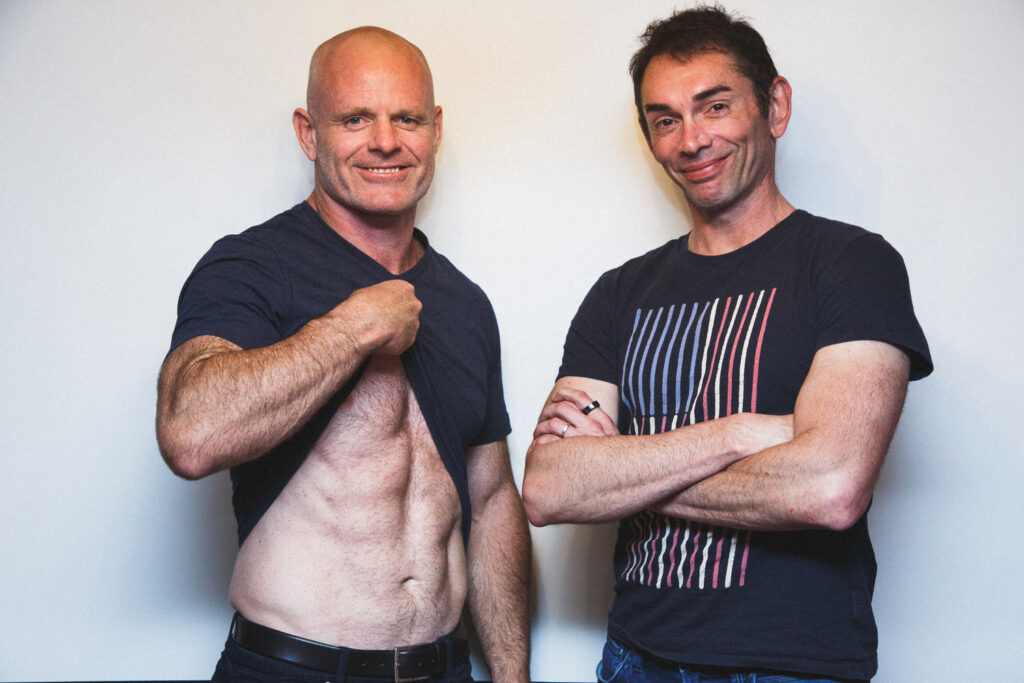
One thing the pair would eventually have in common was that Weisinger had previously battled Lymphoma himself. And it was on his urging that Scanlen decided to conduct the life audit.
“He sort of said, ‘Use this time to think about your life. Has it been good? Has it been bad? What do you like?’,” recalls Scanlen, who’s speaking to me today from his home in London, where he’s been based, on and off, since 2000. “And so I did a self-audit on myself. I went through, Okay, if this is it, what does it mean? I had a one-year-old son, but I might be leaving him without a dad. Then I looked at my business career and I was very satisfied with what I’d done there. I’d travelled the world. I was ethically happy. I didn’t have any big regrets, so I gave myself a B minus. And I thought, Well, if that’s it, it’s been decent. And that was probably one of the most freeing things I’ve ever done. It stays with me in troubled times.”
A life audit is probably something we should all conduct at some point in our lives, not just when trouble strikes. For Scanlen, it was the first step in turning what would prove to be one of the most difficult challenges he’d faced, into a personal and professional building block.
First, though, he had to face the challenge of treating Non-Hodgkin Lymphoma, a type of cancer that affects the lymphatic system. That meant chemotherapy. Once again, Scanlen leaned on his good friend for guidance. “Harry was like ‘This is what it is [the treatment], it’s chemo and radiation’,” Scanlen recalls. “I never knew anything about chemo other than Breaking Bad.”
Of course, chemotherapy was a punishing ordeal that physically and mentally battered the previously irrepressible Scanlen. But with the help of Weisinger, he not only had an esteemed medical professional on his side, but one who understood exactly what he was going through.
“That was the fluke of all this,” says Scanlen, a powerfully built and gregarious bloke from Wollongong, whose twin obsessions of martial arts and lifting weights were both threatened by the disease. “I’m not religious, but the universe gave me Harry a couple of years before I needed him. And then when it [cancer] came, it was like a huge jolt. The fact that he understands medicine and understood me, I had a significant advantage. He knew how to push my buttons to get the response that he needed from me. That was incredibly beneficial and extremely lucky.”
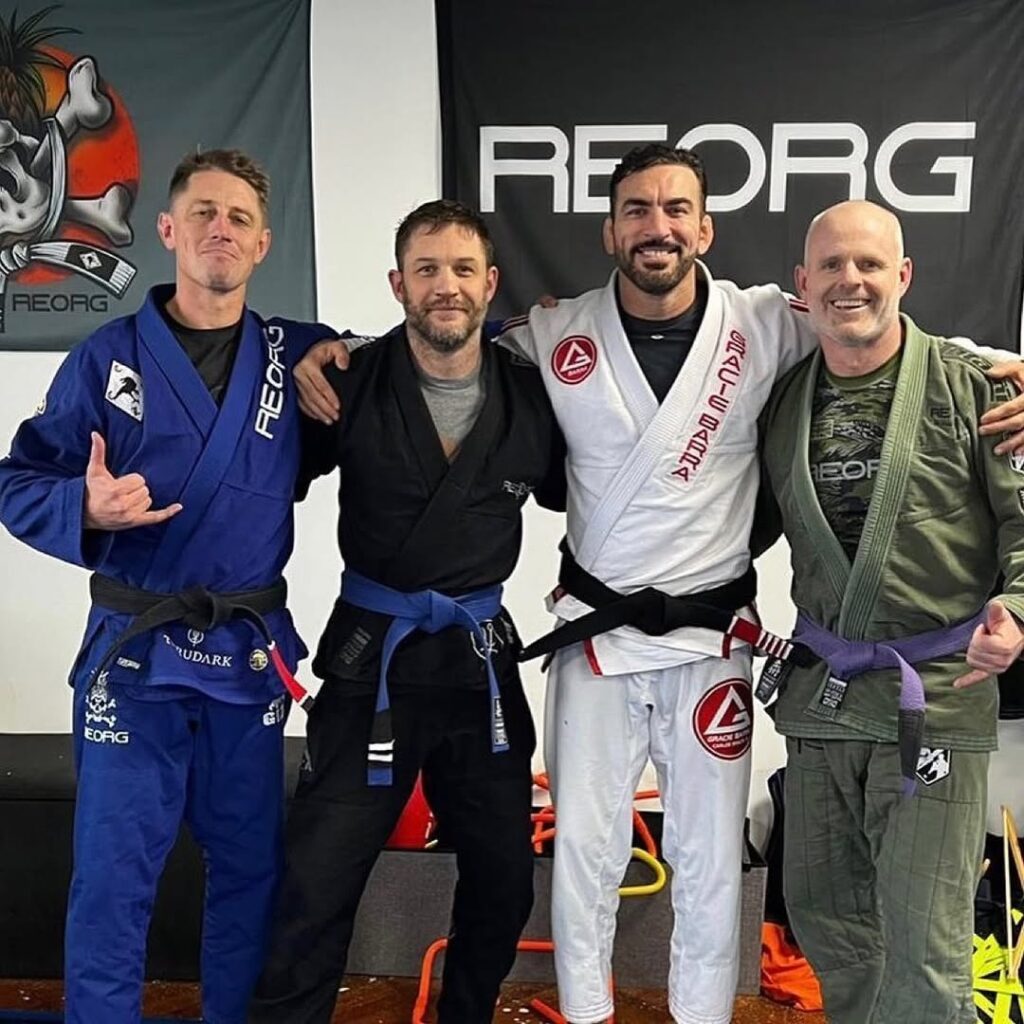
The worst part of the chemo, Scanlen recalls, was the cocktail of drugs that accompanied the treatment, some 14 in all. “That first round was like, Whoa, really tough,” says Scanlen. “My hair started falling out, all the stereotypes. So, I went on a deep dive about how I could get off some of these drugs.”
He and Weisinger began researching plant science and experimenting with a diverse range of supplementary treatments, including curcumin, which a growing body of research has found to be beneficial in treating chronic inflammation. “If anyone gets cancer, go to the haematologist, go to the doctor, do what they say,” advises Scanlen. “I couldn’t say that loud enough. But what I was able to do is with the regime that I was on, was get those 14 drugs down to four by the last round [of chemo].”
Scanlen’s next issue was pain management. He had been prescribed the opioid, Endone, to manage his pain while being treated, which was then switched to Oxycontin. “I was like, ‘No, no, no, I’m not taking it, that’s ‘hillbilly heroin’.”
Weisinger advised him to take the infamous painkiller while he needed it. Equally, though, he was blunt as to how Scanlen should get off it. “This is where I had a big advantage over most people in that Harry knew me very well and he goes, ‘Listen, you know how to get off that? Just don’t take it again. You knew you were taking it for the tumour and we now know the tumour’s gone. Don’t be one of those guys that think you need it’. He knows me. It sort of shocked me. I carried one of those packs [of Oxycontin] around for 18 months and never touched it. I never had withdrawal. Never thought about it again.”
Buoyed by his experiences with curcumin and increasingly robust research findings, Scanlen would write a business plan for a liquid-based supplement while still in hospital. “I was just like, Okay, A, I need to focus on plant science because it’s an emerging industry, so the business side is good,” Scanlen says. “And B, what I’ve seen with the medical community, when I told people what we doing [with curcumin] there was a nod. They’re like ‘Yeah, we know there’s some good stuff there’.”
The pair immersed themselves in curcumin trials underway globally. It was here that they would meet Bill Moss, a former Macquarie banker and philanthropist, who suffered Facioscapulohumeral Dystrophy (FHSD) and was working on his own curcumin supplement. “We started working with them on this and after six months, Bill said, ‘Let’s join forces’.” Scanlen and Weisinger acquired Moss’ operation, lab and IP, setting up the research infrastructure for what would become Kurk.
What distinguishes Kurk from other curcumin supplements is the groundbreaking Micelle+ nano technology, allowing a liquid formulation that enhances its bioavailability.
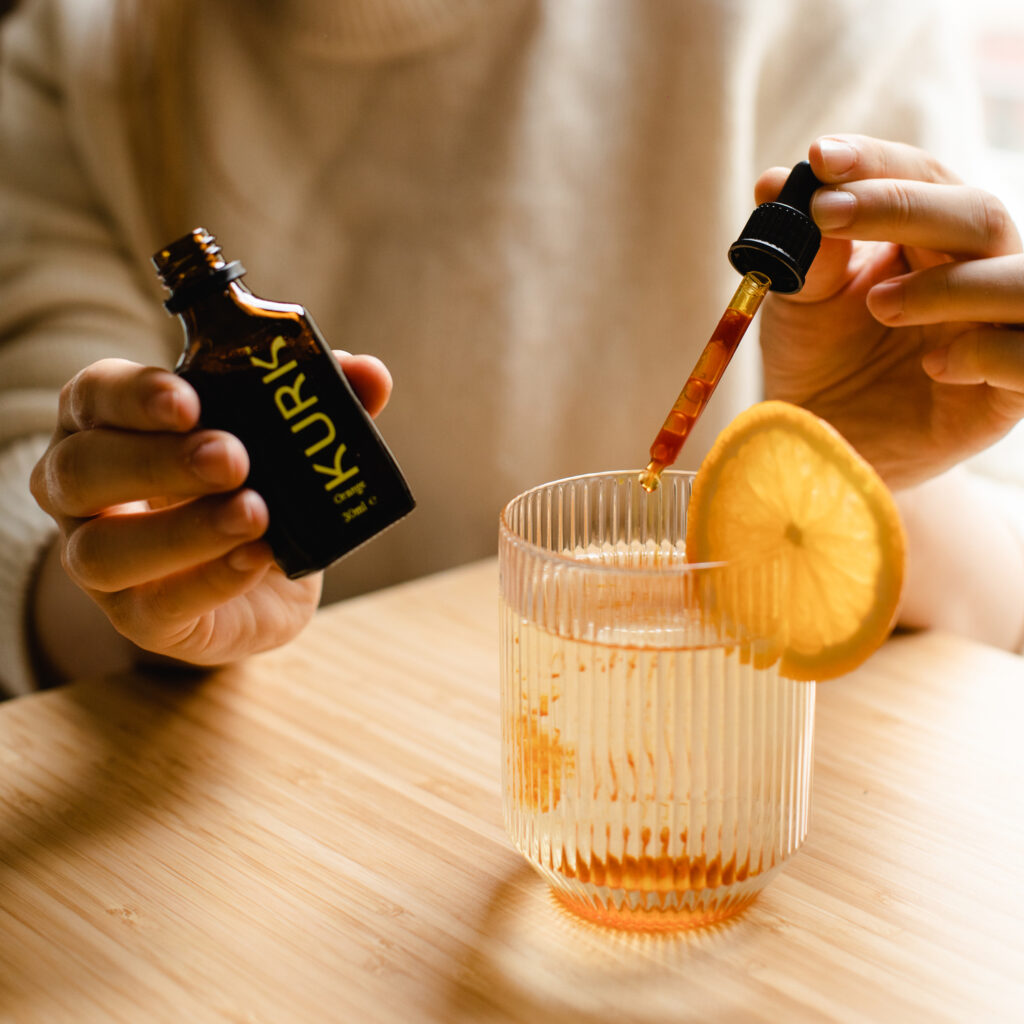
It’s another weapon to add to the arsenal required to take on a formidable, though often stealthy foe: chronic inflammation. “Dysregulated inflammation is when your body produces inflammation that’s harmful as we age,” says Scanlen. “We know dysregulated inflammation leads to arthritis. I’ve already got arthritis in three joints in my body. Most people have it in some form. They might call it calcification or something else, but that’s when inflammation is actually attacking the tissue.”
The knock-on effect of this slow-moving but ultimately debilitating condition, Scanlen adds, is that many people stop exercising, which is essentially like stripping them of the armour that might protect them. “That’s when they start decaying,” he says. “Our bodies are anti-fragile, meaning we need to push them, we need to strain them, we need resistance because that’s how the body gets stronger.”
Today, Kurk has become a global success story – actor Tom Hardy, who Scanlen met through jiu-itsu, is among the brand’s high-profile investors – one that’s underpinned by the shared experience of its founders. But while it took a serious health scare for Scanlen to take stock of his life and begin working on projects, like Kurk, that were meaninful to him, he points out that the odds are we’ll all face a health challenge one day.
“It [Lymphoma] was the clear catalyst for me to understand that I had to prioritise my health,” he says. “Now, what I’ve subsequently found around the world and chatting to people, is that everyone will develop that catalyst at some stage. For some people it might be the doctor saying, ‘If you want to see your kid’s 20th birthday, you’ve got to change because you’re drinking too much, smoking too much, doing drugs’, whatever it is. For other people, the intervention is forced on them, they have a health scare, whether it’s a heart thing, or something else. My story is one where I embraced it and I’m actually happy it happened. It sounds so weird, but it shifted my attention to health. It shifted my focus to what really matters. And I think everyone is going to have that pivot at some stage.”
Before that happens, you might be wise to get started on that life audit.
Related:
Life reimagined: how I embraced new beginnings after prostate cancer
Jayden Neilson and the fight to raise testicular cancer awareness




